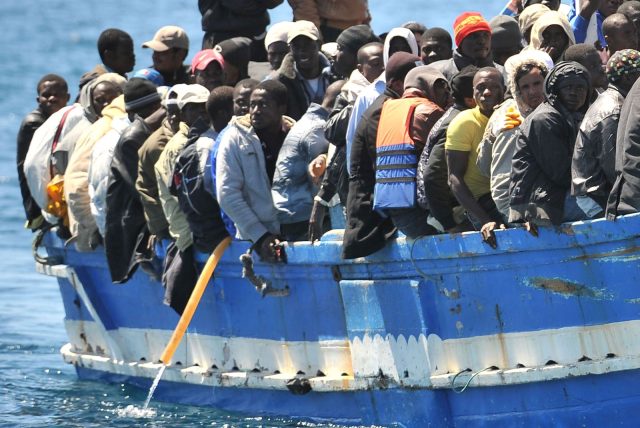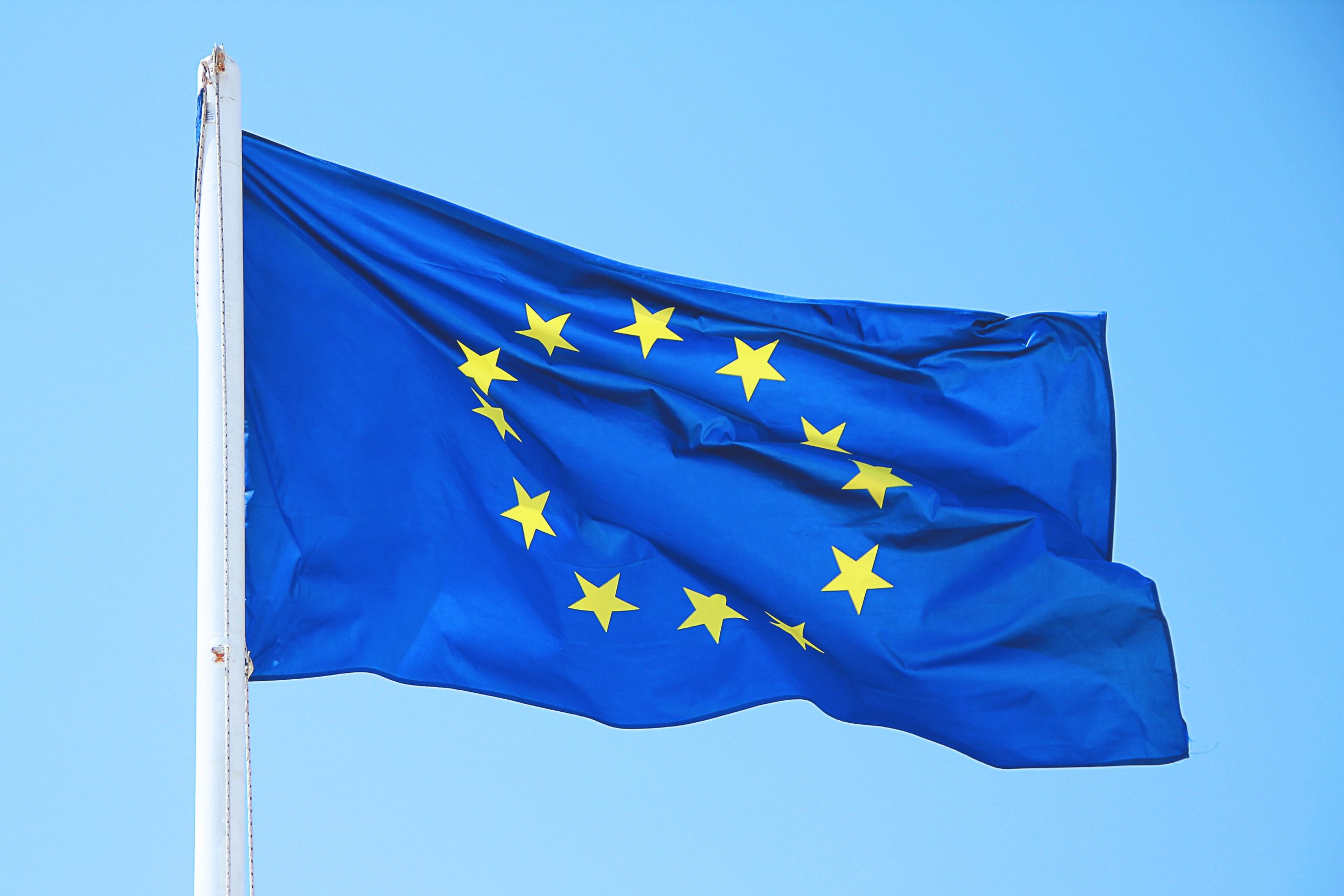
Migration is a complex phenomenon that has always had a significant and often negative impact on Europe. In recent decades, it has increasingly been seen as a European business, as the policies and economies of European countries are deeply influenced by migration flows. It is well known that one of the major reasons for migration in Europe is the search for a better living or economic opportunities. Many migrants from developing countries come to the European Union in search of employment, a higher standard of living and individual security. Armed conflicts, political or ethnic persecution and climate change are driving another category of migrants to seek refuge in Europe.
The impact of migration on European countries, and by extension on EU Member States, is complex and ambivalent. On the one hand, migrants bring an available labour force and cultural diversity, thus contributing to economic growth and the cultural enrichment of European society. On the other hand, there are concerns about the integration of these migrants into society, competition for jobs and resources, and national security. It is well known that a large proportion of migrants refuse to integrate into the society of the countries where they seek asylum, creating small cultural enclaves of their countries of origin. These small enclaves will certainly expand and in the next 10-20 years, given that the birth rate among migrants is much higher than that of EU citizens, we will see intercultural conflicts between citizens of Member States and those who have been adopted through asylum applications.
In order to manage migratory flows, the European Union and the Member States have implemented various policies and measures, but unfortunately they have often proved ineffective. These include readmission agreements with countries of origin, the creation of European agencies and institutions dedicated to migration management, such as Frontex and EASO, and the development of common asylum and immigration policies. However, there are tensions and divergences between Member States, here we refer to southern European and northern countries, on how to manage migration, which has led to some conflicts and discrepancies in policy approaches.
Despite efforts to manage migration, the issue remains a subject of intense debate and concern in Europe. The rise of right-wing extremism and nationalism in some member states is partly fuelled by concerns about migration and the perception that governments are failing to manage the issue effectively. Migration can certainly be seen as a European affair, given the complexity and scale of its impact on countries across Europe. One thing that MEPs need to understand is that an integrated and cooperative approach at European level is imperative in order to manage this issue effectively and to ensure the smooth integration of migrants into European society. This is why asylum legislation in the EU must be thought of in the medium and long term and not just taken as one-off measures for each wave of migrants arriving at EU borders.
Nearly one million migrants seek asylum in the EU every year
The latest official statistics on migration and asylum applications in the European Union are for 2022. Out of a population of 447,033,117 in the 27 member states, no less than 965,665 asylum applications were registered in 2022, three times more than 10 years ago.
The peak of asylum applications at EU level was recorded in 2015 with 1,322,850 applications and 2017 with 1,260,930 applications, due to the Syrian conflict. Without taking into account the official data on asylum applications in the last two years because they have not yet been quantified we can say that in the period 2012-2022, 8,169,050 asylum applications have been registered which means more than 800 thousand migrants per year arriving in Europe. At the top of the EU countries targeted by these migrants are Germany (243,835 applications), France (156,455 applications) Spain (117,945) and last but not least Austria (112,245 applications). The most unattractive countries for migrants are Hungary (45 applications), Slovakia (545 applications) Latvia (620 applications). Migrants arriving in Italy and Greece, the main gateways for migrants to enter the EU on the southern route, somehow manage to continue their journey to Austria and Germany without even being registered at the EU’s external border. Austrian diplomats say the migration problem is shaking the European Union to its foundations. They question its future and cohesion. Alongside Germany, Austria is one of the EU countries with the highest number of asylum applications in recent years.
What do these figures prove? First of all, the southern European countries, which are the main sources of migrants’ entry into the EU, are not so attractive to migrants because they prefer countries whose social system benefits them. The legitimate question that arises is how much and how long will EU countries bear the costs of these migrants by disadvantaging their own citizens?

The EU must understand that migration is not just an Italian, Greek or Spanish problem, but a European one. It is well known that there are disputes in Brussels between the European Commission and the European Parliament over President Ursula von der Leyen’s gesture of committing EU funds of around one billion euros during her negotiations in Tunisia in June and July last year, without consulting the Parliament and the Member States. With this agreement with Tunisia, the North African state is expected to detain migrants in exchange for economic aid. Securing the EU’s external borders could be seen as a European solution. EU naval missions monitoring the Mediterranean Sea and seeking to prevent migrants from leaving North Africa often run up against human rights NGOs. These NGOs, which are quite well funded, also patrol the routes of migrants they rescue from the sea and land in southern EU ports. Many EU countries do not have readmission agreements with the countries of origin of asylum seekers, which is why the number of people who can actually be deported is relatively small. Attempts by migrants to reach Europe via the Mediterranean Sea often end in tragedy after the overfilled boats they are in sink.
The problem of illegal migration in the EU from a conservative perspective
A first approach from a conservative perspective to the migrant problem would be to strengthen the EU’s external borders to prevent illegal migrants from entering. This would include strengthening border security through the use of advanced technology, increasing resources for patrolling and expanding the security infrastructure at the EU’s borders. An important role in the new EP legislature will be played by MEPs with conservative doctrines. They could promote stricter policies for the return and readmission of illegal migrants to their countries of origin or transit. By these policies we mean both the development of stricter laws at EU level and the negotiation of bilateral or regional agreements with other countries to facilitate the return process and reduce the number of illegal migrants remaining in the EU.
The reception and distribution of refugees, migrants and asylum seekers has been the most contentious issue within the EU for over a decade. A conservative approach to this issue could be to review and narrow the criteria for granting asylum to limit the number of people granted asylum. This could include a more rigorous assessment of asylum applications and a greater focus on people who are genuinely persecuted for political, religious or ethnic reasons. If we look at it from the point of view of European conservatism, political leaders could support policies that promote the security and social integration of legal migrants in the European Union. Social integration of legal migrants could include the implementation of compulsory integration programmes, including language and culture courses, as well as measures to promote European values and respect for the law. In other words, if you come to my house (country) you respect my house rules, my individual values, my property and all my citizenship rights. If you don’t like it you are free to go back to where you came from without forcing me as a citizen to bear the expenses to support you.
The EU recently announced a €7.4 billion funding package for Egypt to stem the flow of migrants from North Africa to Europe. The deal elevates the EU’s relationship with Egypt to “a strategic partnership”. The proposed funding includes €5bn in concessional loans and €1.8bn in investments. A further €600 million is to be provided in grants, including €200 million for migration management.



 Subscribe
Subscribe